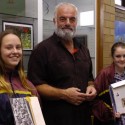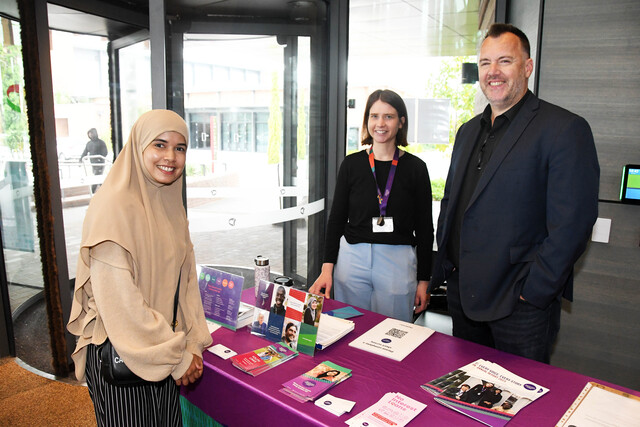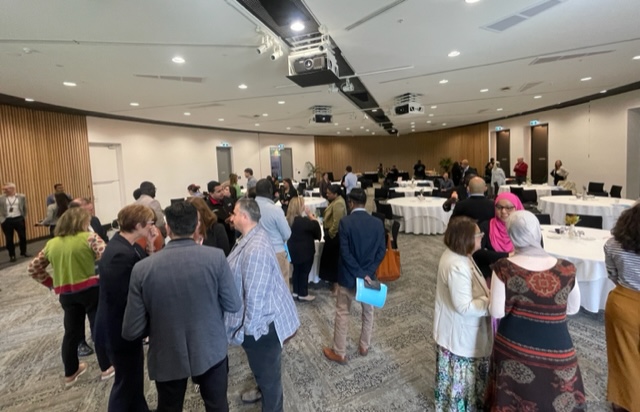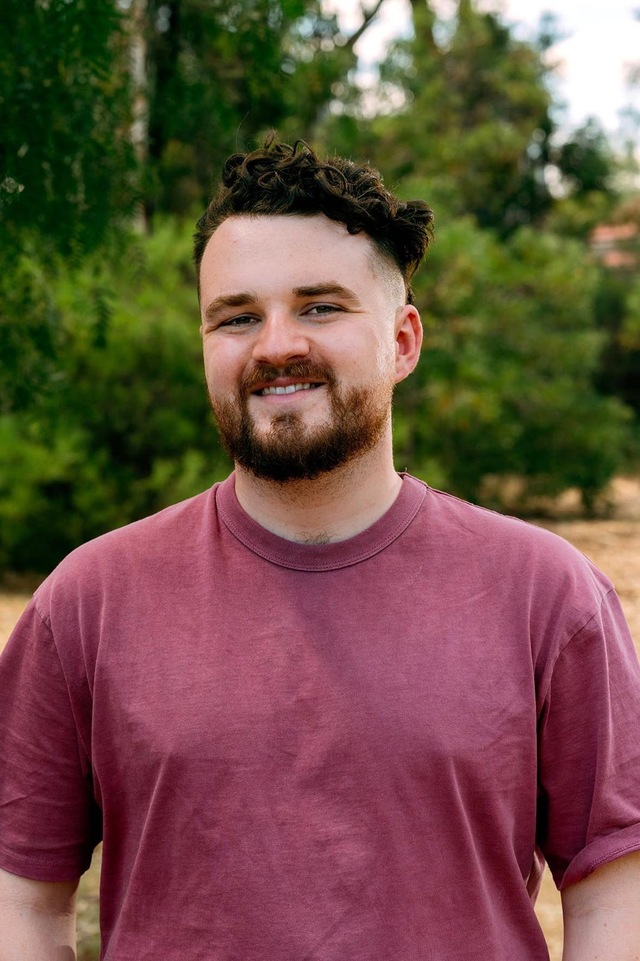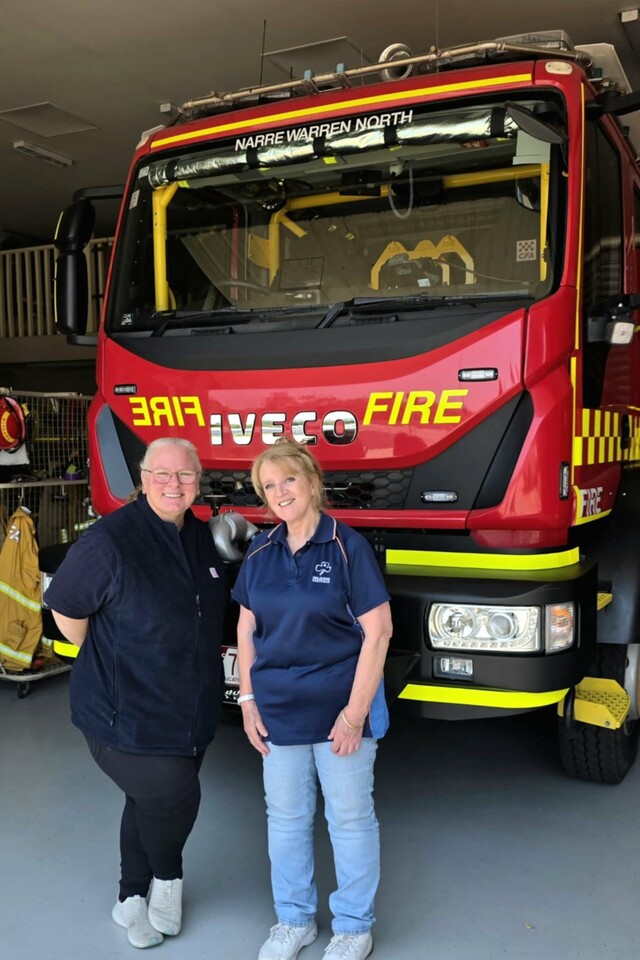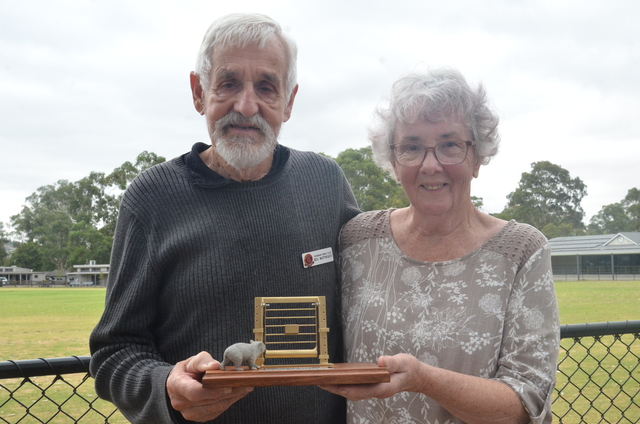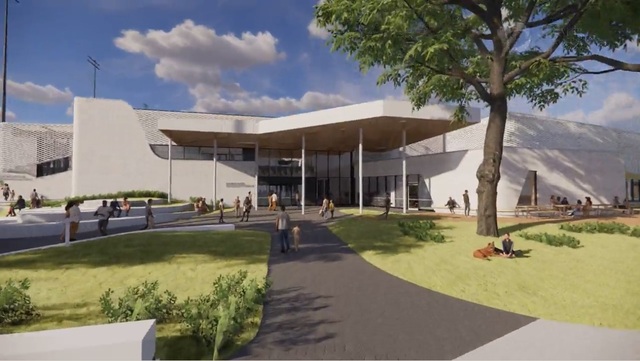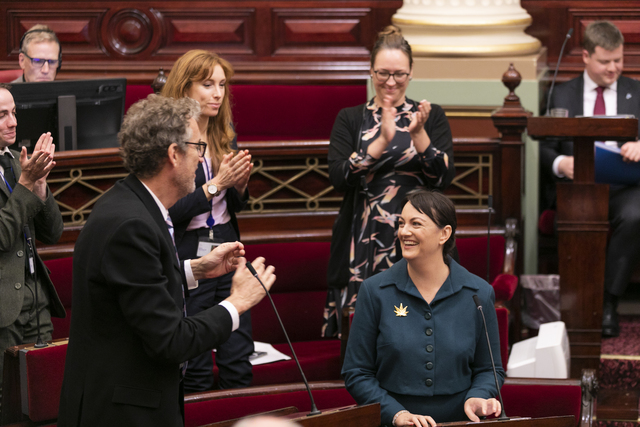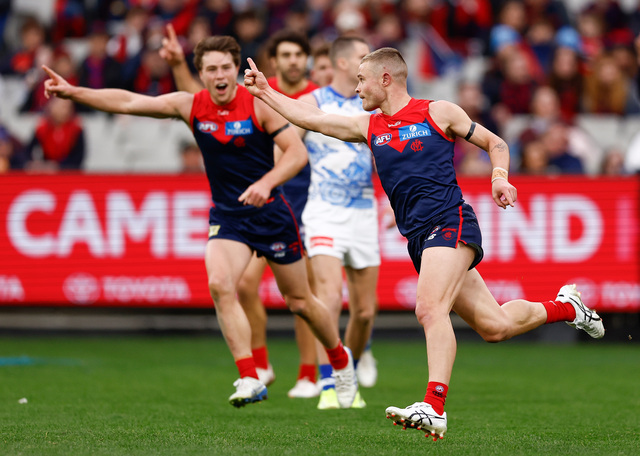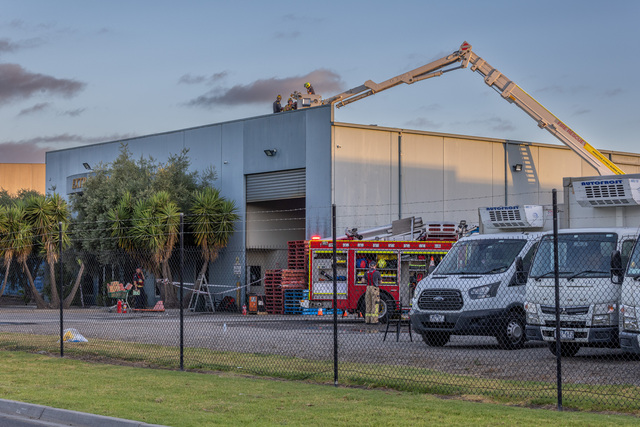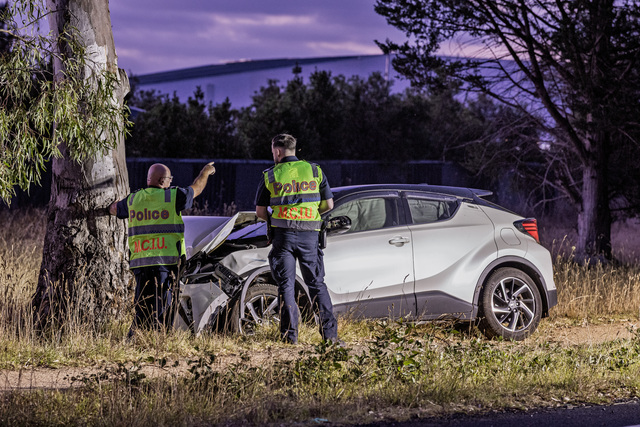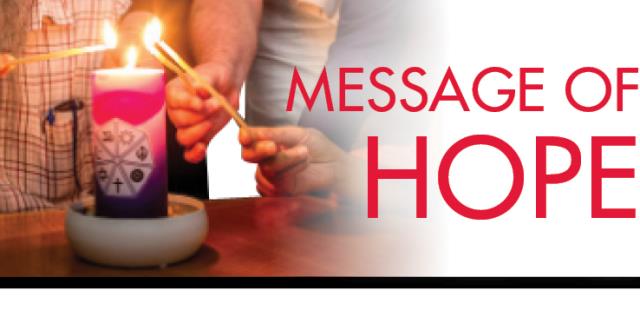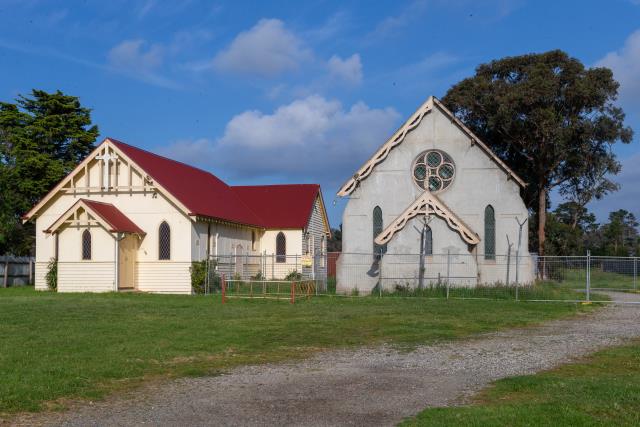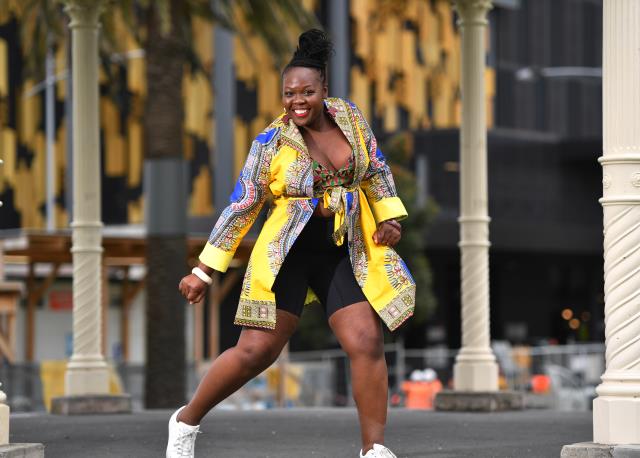By CASEY NEILL
DANDENONG North students laughed, cried and sat in stunned silence as Lambis Englezos explained how more than 140 missing Australian soldiers were finally laid to rest.
Lyndale Secondary College invited Mr Englezos to speak on 24 April, the eve of the 100th anniversary of the Anzac landing at Gallipoli.
The art teacher and historian was chiefly responsible for finding 250 Australian and British soldiers buried in a mass grave near Fromelles, in northern France in 2007.
The missing men were close to where they had fallen during one of the bloodiest battles of World War I on 19 July 1916.
The soldiers’ remains had been lost to history before Mr Englezos went looking for them after meeting several of their descendants.
He enlisted a teacher to read out a letter he received from a heartbroken mother, desperate to find her son and begging for help. It brought many in the audience to tears.
“I felt like I knew those men and we had to recover them,” he said.
“We had to recover our war dead and give them their dignity.”
The soldiers received a funeral at a new military cemetery at Pheasant Wood, France, in 2010 – 94 years to the day after the Battle of Fromelle.
“It was the culmination that afternoon when families could go in and make a pilgrimage,” he said.
“The families made their connection.”
He told the room filled with 150 year 8 and 9 students that the mother who’d written the letter passed away before learning her son’s fate.
Another lived just long enough to learn her son had been found and that her DNA sample had confirmed his identity.
Zoey, 14, said the presentation had changed her.
“It made me feel different. It’s a feeling I’ve never had before,” she said.
“I found it pretty amazing. It makes me think more about how they all felt.
“Young kids forged their parents’ signatures just to participate.”
Martina, 14, said thinking about the missing soldiers broke her heart.
“I’ve always had a lot of respect for all the soldiers and I’ve always wanted to know about all the soldiers who’ve passed away,” she said.
“It felt good learning more information about it.”
Martina said she would like to ask them questions, to find out exactly how they felt.
“We can only assume what they felt in those dark moments with the dark skies,” she said.
“It intrigues you.”

